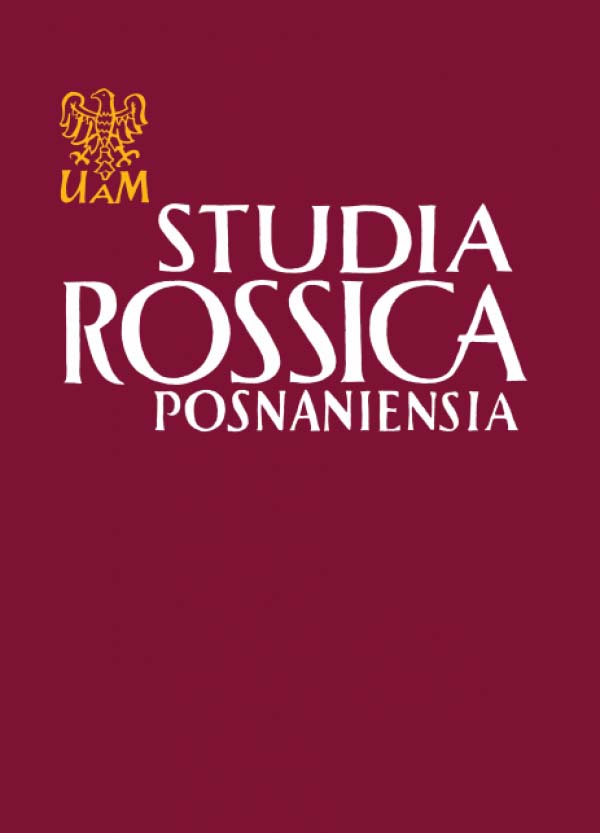FILOZOFICZNE I KULTUROWE PODSTAWY SZTUKI W UJĘCIU ANATOLA ŁUNACZARSKIEGO
PHILOSOPHICAL AND CULTURAL FOUNDATIONS OF ART IN ANATOL LUNACZARSKI’S CONCEPTION
Author(s): Anna Maciejewska-JamroziakowaSubject(s): Studies of Literature, Philology
Published by: Uniwersytet Adama Mickiewicza
Summary/Abstract: Anatol Lunaczarski’s aesthetics grew in the modernist and positivist tradition. Of modernistic origin are his interests in the functions of art, although they are rationalistically justified — by means of sociological and ontological arguments. The belief that art is of great importance is shared by him with the modernists, but he had never justified the significance of art in terms of ontological absolutism. In all the works by Łunaczarski appear the peculiarly modernistic problems — the problems of the important role of art, relationship between art and reality, sources of all the artistic production, phenomenon of creation and artistic individuality. Although these are the leading modernistic problems it is obvious that Łunaczarski was not a modernist. His cultural education was more complex — social and political experiences were of fundamental importance to him. Hence, already in Lunaczarski’s first texts social valorization of literary and artistic production is evident. Lunaczarski’s relationship with positivism has been overestimated, nevertheless positivistic categories appear in his whole literary production, especially in theoretical texts. But Lunaczarski’s positivism was combined, since the earliest years, with Marxist ideas; he learnt Marx through the then positivism — that of Avenarius, Russian “machism”, through Bogdanov. Łunaczarski formulates together with empirio-critical terms the ethical and aesthetic ideals which do not fit into an empirio-critical repertory; the style of his texts is different; his language is expressive, “poetic” . An attemtp at relation of the crucial features of Lunaczarski’s aesthetics makes one interpret it in axiological categories, as a whole defined by the question of the fundamental sense of art.
Journal: Studia Rossica Posnaniensia
- Issue Year: 16/1981
- Issue No: 1
- Page Range: 111-134
- Page Count: 24
- Language: Polish

